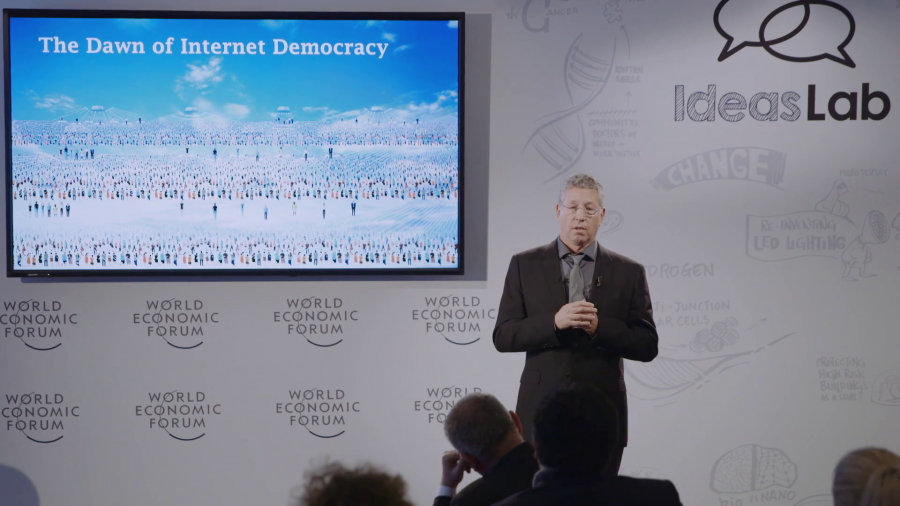I was fortunate to witness the birth of the Internet up close. When the Web started, it had only pages of text interconnected with hyperlinks. But it had no people. I phoned one of the first Internet start-ups, with a mission to add people to the Web.
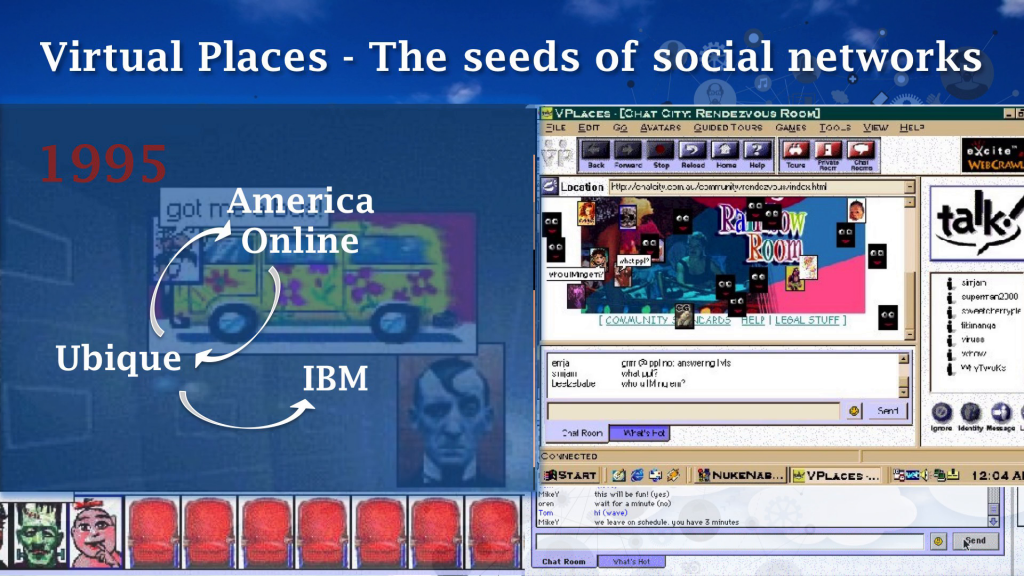
Exactly twenty years ago, the company launched the first social-networking software, which included instant messaging, voice over IP, chat rooms, web-based events, collaborative browsing. You see the interface from twenty years ago. And the that’s where we started. I sold the company. I bought it back. I sold it again. Then I got tired of buying and selling and decided to go back to basic science.
I was very fortunate to receive two ERC Advanced Grants. The first one to work on biomolecular computers, which are molecular-scale computers that can be programmed to release drug molecules when and where they’re needed. The work received broad recognition following. The second ERC grant is to discover the human cell lineage tree. Knowledge of the human cell lineage tree will address many fundamental important problems in biology and medicine. For example, what is the origin of metastases, which are the root cause of cancer lethality. And that’s an ongoing project.
But what happened in the twenty years I was doing basic science? The internet has mushroomed from zero to more than two billion people. But what kind of civilization did it become? If a billion people decide they want to change the rules of a social network or replace its management, can they do it? I don’t think it’s even conceivable.
So I think it’s fair to say that in the twenty years that have passed the internet has matured into its Middle Ages, in the sense that it now consists of feudal communities with feudal lords that control everything, and billions of serfs that have no a civil rights and can vote on nothing.
We know from history that the Middle Ages were followed by the Age of Enlightenment. And one of the great thinkers of its time, John Stuart Mill, declared three basic rights. The right of thought and expression. The right to pursue one’s tastes and interests. (Both are supported by the Internet in free countries.) And the third, the right to assemble, or to unite. The right of assembly is a precondition for democracy, because without the right to assemble you cannot take collective action. You cannot form political parties.
My main point is that Internet technology today does not support the right of assembly, and therefore it cannot and does not support democracy. The reason is that even though we can easily form groups on Google, Facebook, you name it, we don’t know who the people on the group are. A person [may not] be the person he says he is, or maybe multiple personae are really fakes operated by the same person.
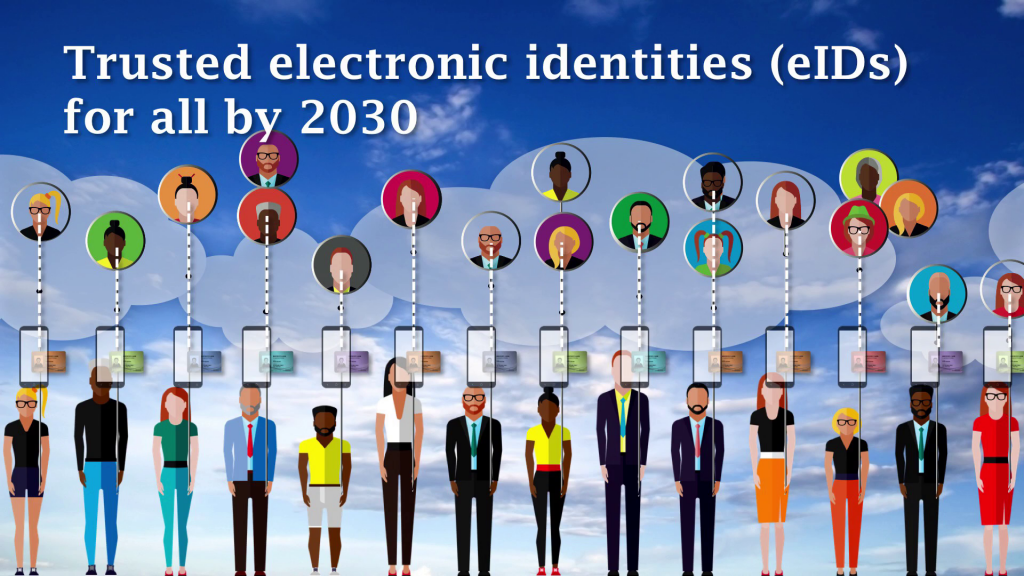
Fortunately, help is on its way. The United Nations and the World Bank have a goal to deploy electronic identities for all of humanity by two 2030. With electronic identities, one can easily verify the person who is on the Internet and have confirmed identity, and therefore eventually support the freedom of assembly on the Internet. And then following it, we will also hopefully be able to form Internet democracy.
But what kind of democracy should the Internet follow? The Internet does not have the size and distance limitations that require representative democracy. On the other hand, everyone voting on everything all the time, although technically possible, is not practical. So which way should Internet go?
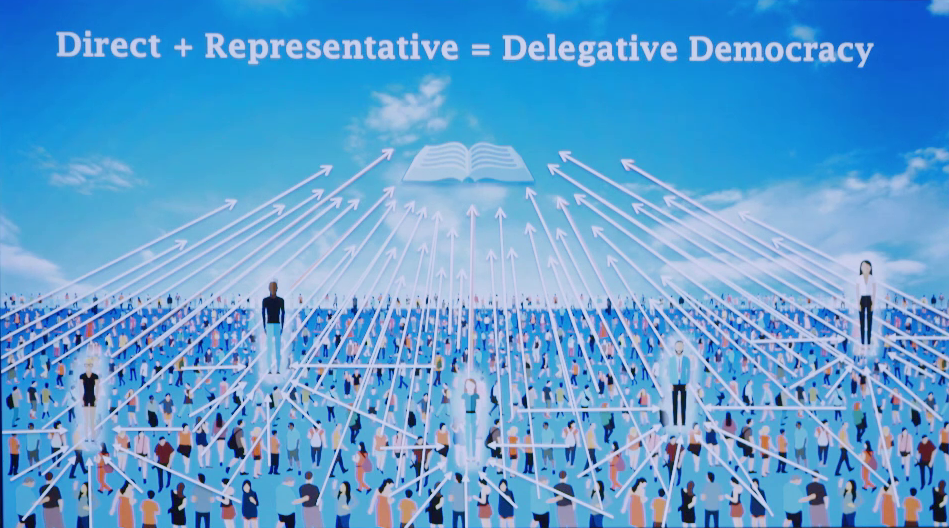
There is a new form of democracy emerging now on the Internet, which is a hybrid of representative and direct democracy, in which people can either vote directly or delegate their vote to someone else they trust. Vote delegation can be once or ongoing, and can always be revoked or overwritten. It requires very complex software and algorithms to do it. But what’s the Internet for if not for that?
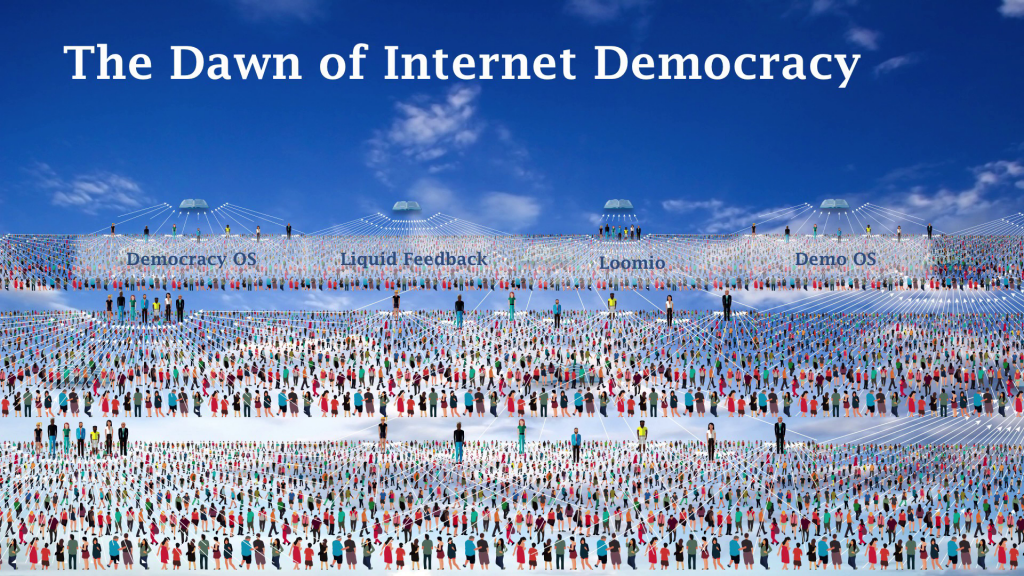
So, delegative democracy is like direct democracy in that every vote is done by everyone, either directly or via delegation. And it’s like preventative democracy in that most of the time your votes are done by delegates that you delegate your vote to. There is a very small group of efforts in this area right now, but I believe that once electronic IDs are broadly deployed, there will be a Cambrian explosion of democracy on the internet, and we’ll have amazing democratic forums and communities that greatly surpass Internet-less democracy.
Try to envision a future in which the entirety of humanity is united by say, a Facebook-like democratic community. It’s like the United Nations except the members will not be nations, it will be the people themselves. And what I’d like to ask you is whether this vision of united humanity is compelling to you, and what would you be willing to do to make it happen?
Thank you very much.
